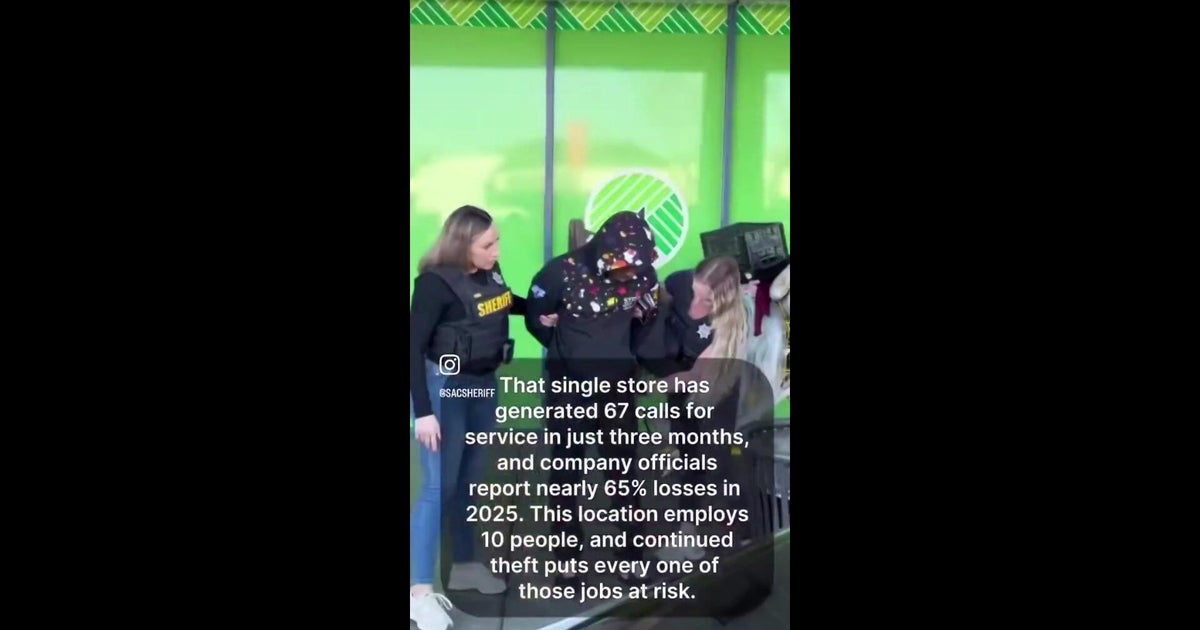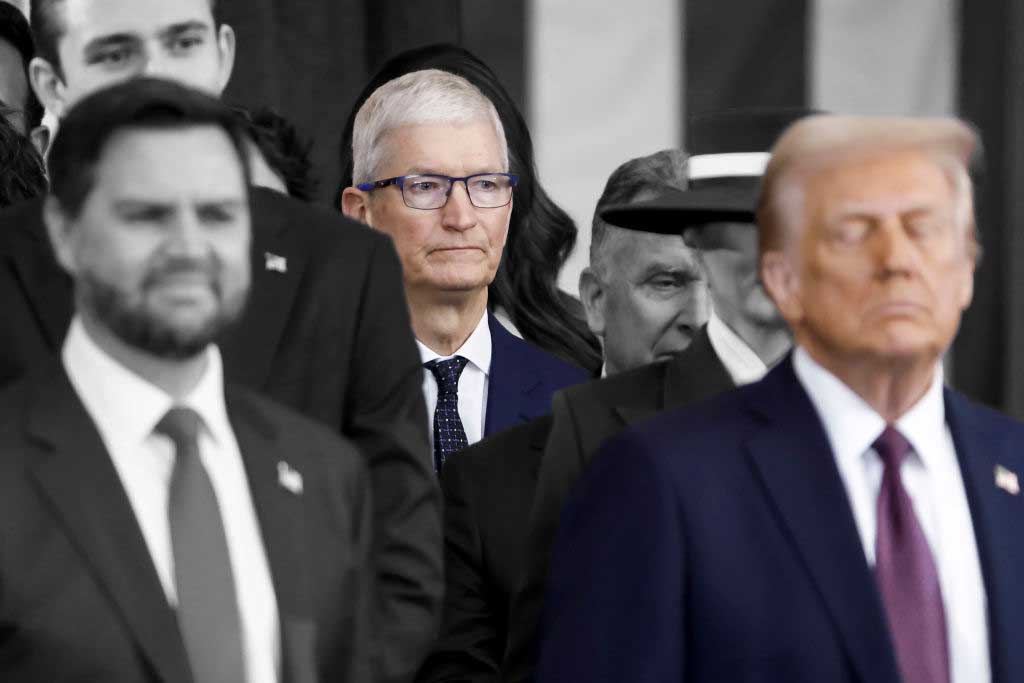Kohl's and Gap stores to reopen as retailers prepare for a "new normal"
Clothing chains and department stores were among the hardest hit businesses as the coronavirus crippled the U.S. economy. Now, as more states around the country make plans to reopen, retailers are preparing to test the waters.
The Gap and Kohl's are among the first major chains to announce a phased restart, with the two companies planning to reopen a total of about 1,000 stores in the weeks ahead. The reopenings will usher in "a new normal," Kohl's CEO Michelle Gass said in a statement.
Kohl's opened department stores in Arkansas, Oklahoma, South Carolina and Utah on Monday, and it plans to reopen more stores in an additional 10 states on May 11. The Gap on Thursday said about 800 of its stores will reopen by the end of May. Macy's earlier this month said it plans to reopen its stores within six to eight weeks.
Learning from grocery stores
Even as retailers move to jump-start business, there's a bigger question at stake: Are shoppers ready to step foot inside brick-and-mortar stores? One the one hand, consumers opened up their wallets at grocery stores to stock up on food and toilet paper. But it's unclear whether they'll exhibit the same willingness to step inside a Banana Republic or Kohl's.
So far, the picture isn't pretty for apparel sellers. While overall retail sales plunged almost 9% in March, clothing retailers suffered a 51% decline — that's the steepest drop among all types of retailers, according to U.S. Commerce Department data.
And the casualties are mounting, with both J. Crew and Neiman Marcus filing for bankruptcy reorganizations this month.
Retailers shuttered by state orders have had weeks to develop reopening plans, including studying how grocery stores added safety protocols for both customers and workers, said Jason Brewer, executive vice president of communications and state affairs at the Retail Industry Leaders Association. The group helped develop a blueprint to guide retailers on how to safely reopen their doors.
"When Gap and Kohl's reopen, they are doing so having spent the last few months learning from Kroger and Walmart and others that have been open the last few months," Brewer said. "The protocols were really based on what we learned in those conversations about social distancing, occupancy and hygiene."
Returns quarantined for 24 hours
Customers will notice changes that are familiar to anyone who's set foot in a grocery store. For instance, Kohl's and Gap stores will have plexiglass health guards at registers and employees will wear masks.
The retailers also say they're making their cleaning routines more rigorous, with Kohl's workers sanitizing carts as they're returned. Signs will remind customers to maintain at least six feet of distance between them. Gap, for its part, said it will quarantine merchandise returns for 24 hours before returning them to the sales floor.
But other changes will make for a different shopping experience. Kohl's and Gap will keep their fitting rooms closed for now, which means customers will have to wait until they get home to try on clothing. Gap also said its restrooms will be temporarily closed.
So far, neither company is mandating that customers wear masks, although Gap says it will encourage shoppers to do so. Masks and others facial coverings have become a flashpoint for some Americans, with Costco facing a backlash from some shoppers earlier this month when it required masks inside its stores.
Customers should be required to wear masks for their own safety and the health of workers, said Stuart Appelbaum, president of the Retail, Wholesale and Department Store Union.
"A person is still being infected whether it's by a customer or co-worker," Appelbaum said. "Worker safety has to be paramount in all of this. If workers aren't going to be safe, customers aren't going to be safe."
Wearing a mask "is about respecting your own health, the health of your neighbors, the health of everyone in your community, and the health and safety of the employees who are in the store," Brewer added. "We have to have an adult conversation nationwide about the small sacrifices we are willing to make to make sure we can reopen the economy safety."



